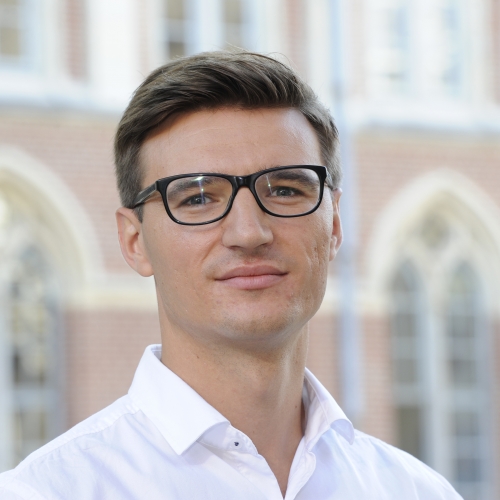Biography
Rustam Romaniuc holds a doctorate in economics from the University of Montpellier and a doctorate in law economics from the University of Turin.
He is currently in charge of the ETHICS research laboratory of the Catholic University of Lille. He is also a member of the LEM-UMR CNRS (Lille Economy and Management) and director of the Laboratory of Experimental Anthropology (composed of researchers in behavioral and experimental sciences). His research focuses on economic and behavioral analysis of law, experimental and behavioral economics, economic philosophy and evolutionary anthropology. The object of his work is to evaluate the causal effect of economic and psychological mechanisms on the evolution of pro-social behavior by mobilizing the tools of behavioral sciences and economic analysis. His research on the heterogeneous determinants of motivation as well as non-coercive incentive mechanisms and their application was published in international journals (Public Choice, Journal of Behavioral and Experimental Economics, Review of Law and Economics).
He is currently responsible for two scientific seminars (“Experimental Ethics” and “Human Cooperation: past, present and future”), and organized the first workshop in experimental economics of public choices as well as a workshop on the effects of artificial intelligence on social cohesion.
